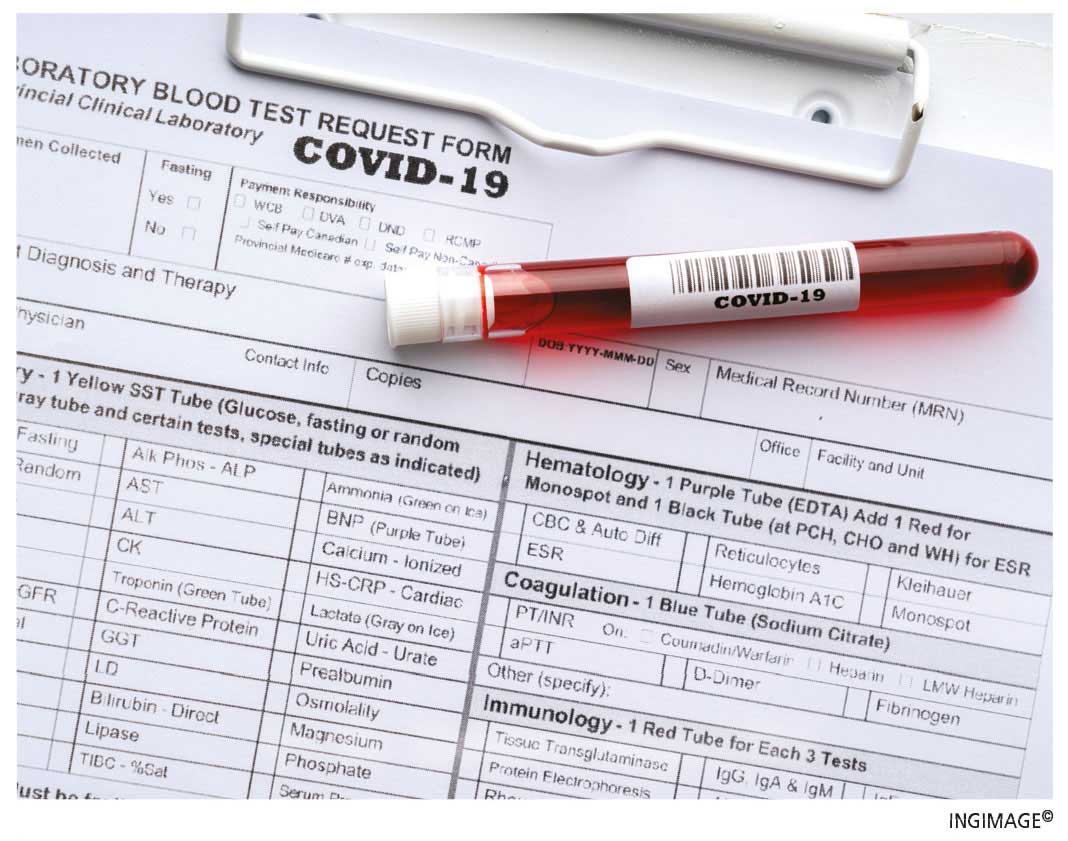EXECUTIVE HEALTH
WEAR AND CARE
BY Dr. Sanjiva Wijesinha
When I first visited Japan, I was surprised to see so many people wearing face masks. And the masks were similar to what surgeons or anaesthetists would wear in an operating theatre.
It seemed incongruous for me to see so many masked folk walking along the busy streets, scurrying to catch their office trains or browsing supermarket shelves. So I asked my daughter (who had been living in Japan for some time) what this meant.
She explained that it was a manifestation of what it means to be Japanese in fact, to care more about society and the community one lives in rather than oneself. And she told me that Japanese people would wear masks if they had been ill with some respiratory infection such as a cough or cold, or even endured a runny nose.
Wearing a mask was a precaution to avoid spreading germs to others. People wore masks not so much to protect themselves but prevent others from being infected by the germs that they might be carrying.
We often forget that when we sneeze, cough or even speak to others, we’re spraying innumerable droplets of moisture from our mouths and throats into the air around us.
I recall how when we were in school, we had a wicked nickname for one of our teachers. He was called ‘aerosol’ because we could see the spray emanating from his mouth when he spoke – especially when he was excited!
But it’s not only he who does it; all of us spray countless invisible droplets from our mouths and throats. And if these tiny beads of moisture contain infective germs, anybody within catching distance of our ‘aerosol spray’ can be infected by the germs in the droplets.
So wearing a mask during the COVID-19 pandemic is a good idea because it protects those around us. Coronaviruses such as the common cold pathogen are contagious and anyone could be harbouring the virus in their throats without displaying any signs of the disease.
How many times have colleagues come to work sniffling, sneezing and blowing their noses, instead of staying at home and resting? If they don’t want to take a day’s sick leave and confine their germs to their own homes, they should come to work only if they’re wearing a mask – to prevent transferring their germs to those who come into contact with them on the bus or train, as well as in the workplace.
Wearing a mask during the pandemic is not a sign of weakness; nor does it mean that we are living in fear of the virus. It’s a sign that we’re sufficiently edu-cated and informed to know that we may not be displaying symptoms but harbouring the virus, which we could unintentionally pass on to others.
Donning a mask during this pandemic period and hopefully even later, after COVID-19 is no longer a danger to us – especially if we’re having a cough, cold or upper respiratory infection – is a sign that we are considerate about the safety of others.
Like in Japan, our ethos should be to consider the welfare of those around us – even if we find that masks are uncomfortable or think that they make us look strange.






